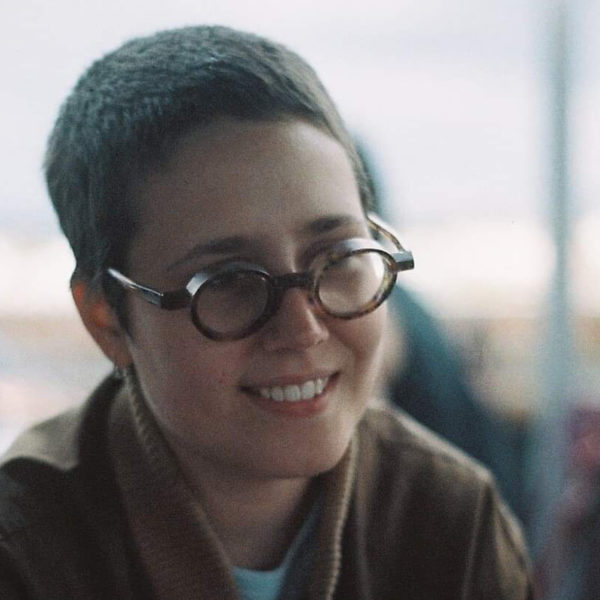25 October 2019
Meet the 2019 Deakin University Nonfiction Prize shortlist – Oliver Reeson

Oliver Reeson, 27, Vic
Someone who is sensitive to pain
How did you begin writing?
I did a lot of science subjects in high school but took a break when I got to university to work out what I really liked in a Bachelor of Arts. I ended up taking a poetry elective at first because a friend was doing it and from there discovered a new way of externalising myself which I craved at the time. I think as someone who grew up gender queer without actually realising it, there was a lot of repressed stuff going on that I didn’t know how to confront until I discovered writing.
Why do you write nonfiction?
I am a big over-thinker and overly sensitive person. I feel overwhelmed quite often but how confusing and complicated the world is. Non-fiction writing gives me a chance to slow down and think things through. It’s a selfish act for me but that is why I try to make my prose as simple and clear as possible in the hope that if my writing is published/shared it can be recognisable and soothing to the reader as well.
Tell us a bit about your submission to the Deakin University Nonfiction Prize:
I am a non-binary person who has been transitioning with testosterone therapy for the last 18 months. This therapy has been life-changing for me and given me a relationship and understanding of my body that I long thought wasn’t possible for me, couldn’t even conceptualise what that would feel like. My piece ‘Someone who is sensitive to pain’ is exploring the bodily sensations of transitioning and trying to understand why we need to feel our bodies in order to know our ‘self’.
Why did you choose to write on this subject?
It’s sort of a joke that all queer writers at the moment are writing about ‘the body’ but I think a symptom of living in this particular time is that it’s surprisingly easy for a lot of people, anyone, queer or not, to forget that we have a body. I’m thinking of how familiar it is to spend an entire day watching netflix, or being at a computer all day for work, of young people’s documented declining interest in sex. A lot of modern life plays out solely in our heads or consciousness so it is interesting to me to be asking questions of my body and its sensations.
What’s the best piece of writing advice you’ve ever received?
There was an interview with the American short fiction writer Amy Hempel in the Paris Review where she’s talking about writing perfect sentences and she said ‘Sometimes a flat-footed sentence is what serves, so you don’t get all writerly: ‘He opened the door.’ There, it’s open.” and I think about that a lot. If you love writing there’s a compulsion sometimes to use all of your tools at once but I try to remember all the time that writing is about communication. Sometimes you just need to make sure you can be understood.
Who are some of your favourite nonfiction writers?
Eileen Myles, Michelle Tea, Ellena Savage.



